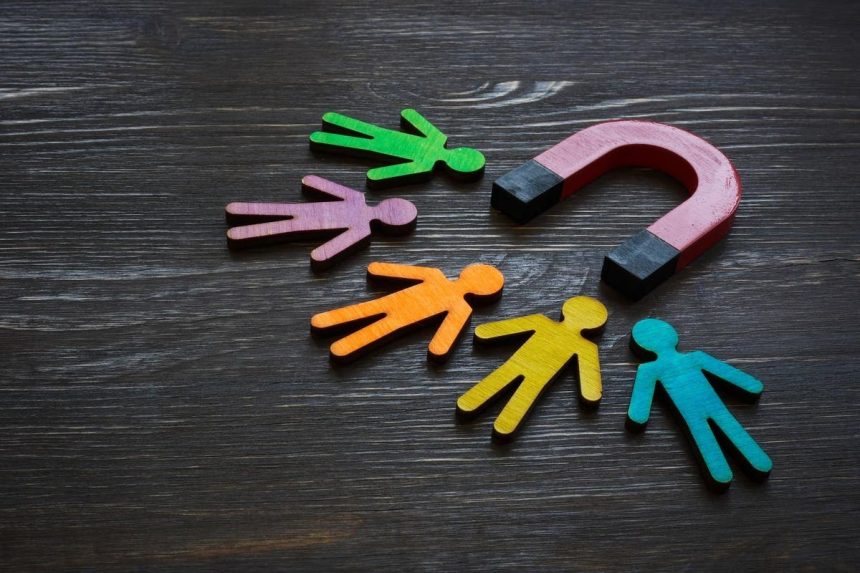In today’s competitive business landscape, building customer loyalty has become a critical goal for many companies. Loyalty rewards programs have been a popular strategy to incentivize repeat and larger purchases and help foster a sense of brand preference. However, companies that solely focus on transactional benefits – such as points or discounts – may fall short of business goals if no emotional connection is created.
Cap Gemini reported that 70% of emotionally engaged consumers spend up to two times or more on brands they’re loyal to compared to only 49% of consumers with low emotional engagement.
When I attended the CRMC conference, I was able to talk with a few experts in loyalty about how their companies create emotional engagement.
“I’ve often heard about the successful launch of the AAdvantage program, and I think about the emotion of earning miles. When I hear miles, I imagine my next trip, my next experience,” said Ed Poppe, VP of CRM, Loyalty and Performance Marketing at Build-A-Bear Workshop. “I think the best loyalty programs use emotion and experience to motivate.”
A common theme during our conversation was the memories that Build-A-Bear Workshop creates – whether in the store or receiving a bear from someone important to you – and in turn, the emotional connection that is built.
“It’s wonderful to work for Build-A-Bear Workshop because whenever you talk to someone new, they jump in and share a highly emotional personal story,” Poppe said. “That emotion is not from AI. It comes from a physical and personal retail experience. When a guest goes through our symbolic heart ceremony, they’ve had a personal experience.”
When memories are created, brands stay top of mind.
Cap Gemini also found that 86% of consumers with high emotional engagement reported that they always think of the brands they’re loyal to when they need something, with 82% always buying from the brand when they need something.
While Build-A-Bear Workshop sells experiences as a product, not all brands do. That means they must find other ways to create emotional connections – a separate Cap Gemini study found that 77% of loyalty programs based only on transactional behaviors fail within the first two years.
“The role that loyalty programs can play is really imperative in terms of giving more value to consumers – that’s from a transactional sense but then also on the emotional side as well,” said Tom Kirk, Global Loyalty Director at adidas.
That’s why adidas stays on top of consumer culture, ensuring it reaches all consumers in personal ways through its rewards program adiClub. That includes interacting with your favorite sports teams.
“The partnerships that we have allow for that interaction with your team besides hoping that they win,” said Claudio Corti, Global Senior Manager of Membership Strategy at adidas, using Manchester United as an example. “It’s also what you can get out of being loyal to that team, is fueled with the sponsorships that we have, which in this case would be adidas and the experience they can have with adiClub.”
adiClub, which offers tickets, trips and other experiences with adiClub points, also gives members access to adidas Running and Training apps with the ability to earn points through movement. What better way to emotionally connect with your consumer than have them earn rewards through something they’re passionate about?
“Live events create memories, and when a brand gives their most loyal consumers the opportunity to create those memories by rewarding them with something like tickets, the emotional connection to a brand strengthens,” said Shawn Flippo, a loyalty trends expert and Director at TFL.
Whether it’s positive memories and experiences, personalization or anything else that tugs at the heartstrings, emotional connections are key in loyalty programs. Businesses that prioritize consumer relationships can create bonds that lead to increased customer satisfaction and engagement, which in turn leads to more business.
“Loyalty is the emotional connection a consumer feels for a brand, and the role of programs is to support and deepen that brand connection,” Poppe added.
Investing in your customers directly invests in your business.
Read the full article here










